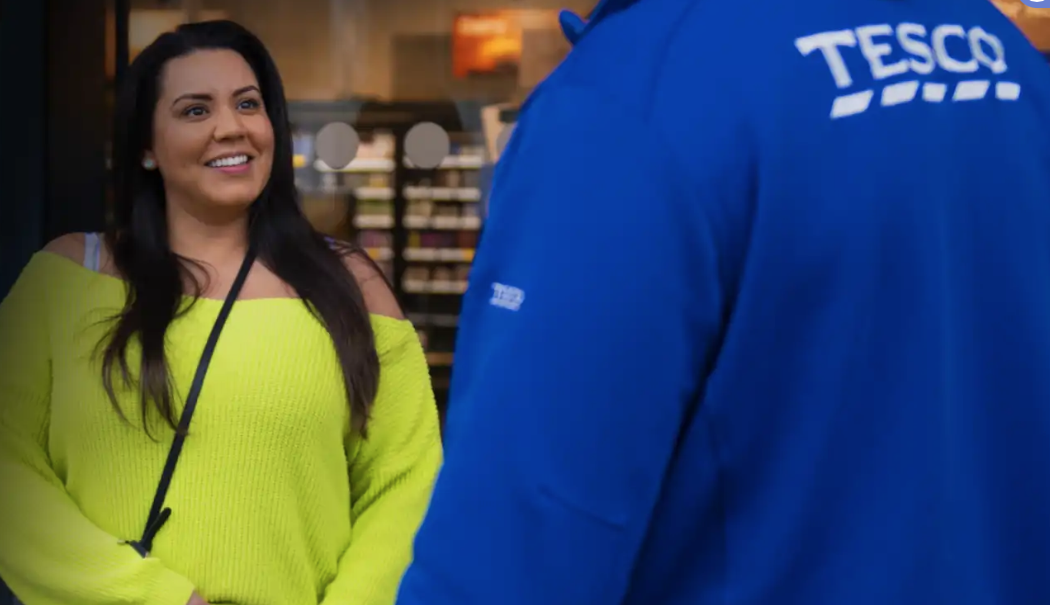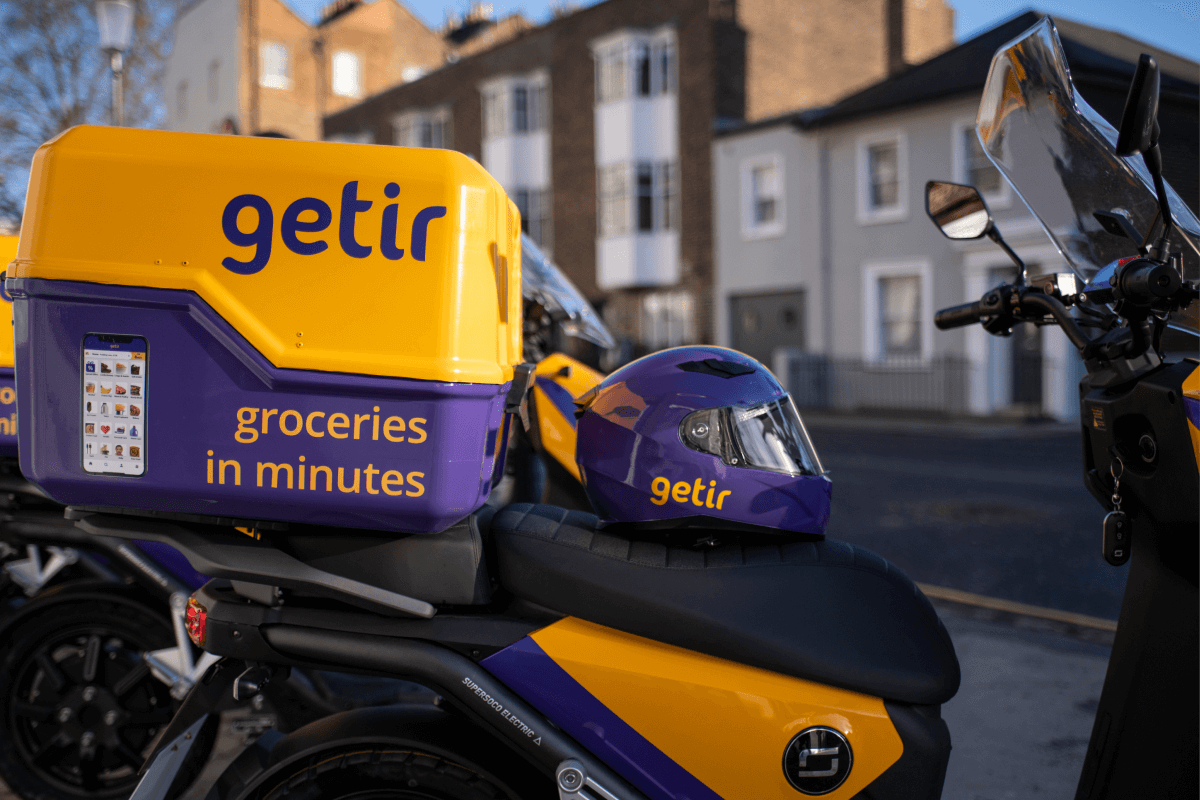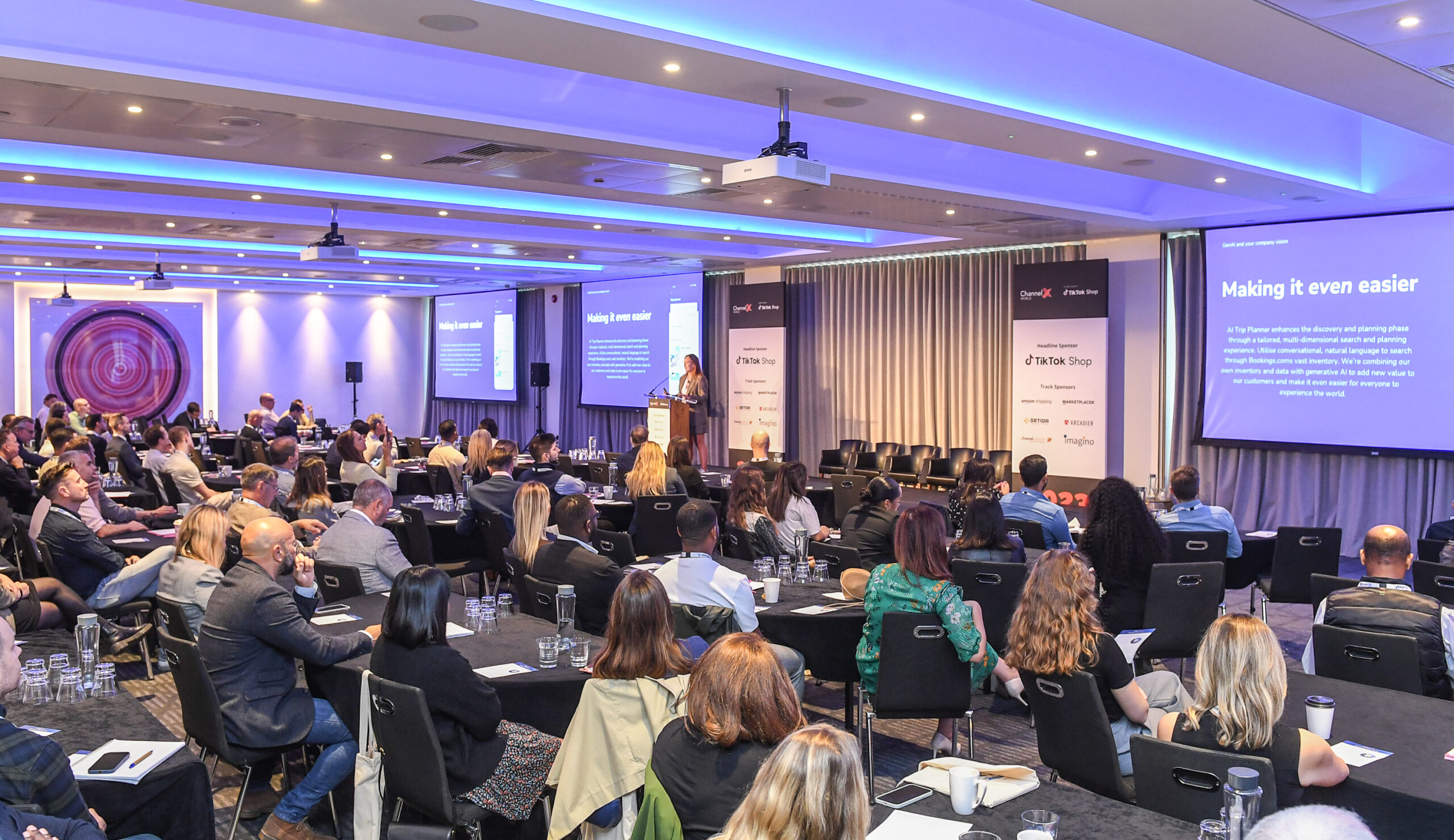It is highly unlikely that you missed the news that City Link went into administration on 24 December, a story that broke on Christmas Day via the BBC.
Bought by Better Capital from Rentokil for £1 in April 2013, in its last full set of financial results, City Link recorded a £14M loss for the year ending 31 December 2013. It had made a loss of £27.5M the previous year.
By New Year’s Eve it was all over; no rescue bids came through and 2,356 people, out of 2,727 in total, were laid off.
The timing of the announcement drew criticism from trade unionists, a former government minister, and MPs on both sides of the House of Commons, describing the distress caused to City Link’s employees (and their families) during the festive period as “disgraceful”, “appalling” and “dreadful.”
Looking beyond the immediate distress and hardship caused by the demise of City Link, what, if anything, can this collapse tell us about the overall health of the UK logistics and delivery sector? Is it an unfortunate one-off, or has a warning been sounded … a warning that more failures will follow unless fundamental changes take place.
It was undoubtedly a unique combination of external and internal factors that brought City Link to a halt. But there will be aspects of them that apply elsewhere, whether across the sector as a whole, or within isolated cases.
eDelivery spoke to a people from across the logistics sector, and beyond, to look at what happened to City Link, but more importantly what lessons should be learned. Several themes emerged from the people we spoke to, from pressure on margins, to the need to invest in technology, from the need for retailers and carriers to collaborate on changing the model, to the psychology of the online shopping public.
David Grimes, managing director of My Parcel Delivery cautions carriers against getting locked into a price-driven race to the bottom.
“As online shopping has grown and become more sophisticated, consumers have become used to free delivery and free returns from web giants such as Amazon and John Lewis. The truth is that carriers have had to absorb many of the additional costs associated with enhanced delivery offerings. And as the precedent has been set with consumers, it’s unlikely that they will want to pay more for postage in the future so the costs will have to rest somewhere.
“With so many carrier companies vying for business with online retailers the industry has become extremely competitive and margins are continuously being driven down.
“Unfortunately, an environment has been allowed to develop where carrier companies are fighting for business which is lowering in value all the time, meaning wages are minimal and, as we’ve seen, service and therefore businesses, sometimes suffer as a result.
“If carriers weren’t so driven down on prices, they’d be in a stronger position to invest in better technology, which would improve the number of first time deliveries. This would reduce the amount of contact needed with the retailers themselves and improve the experience (that the customer associates with the retailer) as a result. So, for the retailer, this would lead to increased loyalty and profitability – which can be reinvested to further improve delivery options.”
Gavin Masters, Head of eCommerce Consulting at Maginus, agrees that cost pressures are at the heart of the problem: “There has been increasing pressure on delivery firms over the past few years to increase the services they offer the end consumer, coupled with a more competitive market and increasing costs. It is no surprise then that some companies, such as City Link, have failed to remain competitive.
“Fortunately, there is also a huge opportunity, and it lies in the same technology which has caused the problems in the first place – the internet. Consumers are comfortable with transacting with businesses online for the purposes of customer service, self-help and issue resolution, and this is something that delivery companies need to make use of in order to avoid the increased overheads of the end consumer. Streamlining both the end consumer and the retailer’s interaction with your business through the use of the web is a huge cost saving measure, and will also assist in future growth and changes in the market.”
Dick Stead, Executive Chairman of Yodel, expressed regret and disappointment about City Link’s demise, and highlighted customer expectations as a problem area.
“I personally think it is really disappointing that City Link went under – it’s an indictment on the market on the whole. City Link should have survived. It provided a pretty good service had some niche offerings.
“My personal view is that it suffered like the rest of us – prices are too low and customer expectations are too high.
“Leading into this Christmas there were no volumes to speak of – the market just switched off. But as a carrier you still have to pay people’s wages. Then they were hit by a huge requirement for deliveries over short period of time.
“Unfortunately I’m not surprised it went under But it’s a warning to the rest of the carrier industry that there will be other casualties unless something changes.”
The issue of customer behaviour was something that Gavin Masters at Maginus also picked up on: “I believe retailers have forgotten in their race to offer the most (or the cheapest) delivery services possible – the majority of customers don’t want (or need) choice, we want clarity on when our order will arrive, and how easy it will be to return/resolve any problems should they arise.”
But even if it’s the case that the public has become so conditioned to paying next-to-nothing for increasingly flexible and complex delivery options, how realistic is it to think those expectations will ever change?
Professor Sir Cary Cooper CBE of Lancaster University, is a leading academic in the field of behaviour, HR and business. He sees trouble ahead for anyone hoping for a quick fix to the issue of customer expectations.
“The thing with getting it free, or getting it cheap, is that it’s become built into our psychological DNA,” he told eDelivery.
“In society generally we have become more impatient – the UK is getting to be more like the US in that respect. When we shop online we expect that the retailer has fewer costs. Maybe there’s no shop, whatever it might be. We want those perceived savings passed on to us in the form of cheap or even free delivery.
“It’s going to be very tough to reset people’s expectations and get them to accept they have to pay that bit more. Tough, but not impossible.
“As online becomes the primary route people take when shopping, there will be opportunities for building into pricing an element that compensates for the delivery.”
That’s an outlook that Ian Tomlinson, CEO of Cybertill agrees with: “There is a false expectation set by some retailers that customers can get free next day delivery. Ultimately this is a premium service, and by offering it for free, it is de-valued and also erodes margins for the retailer who has to cover these costs, leading to sharper negotiation with logistics partners.
“However, I don’t see this marketing tactic changing; if anything I can see more retailers offering it as a promotional tool. This means that supply chain partners need to be as lean as possible with real time systems in place so they can respond to the demands put upon them by retailers and most importantly, the consumer.”
Patrick Gallagher, chief executive of CitySprint points to a series of shortcomings in the way City Link was run. “The nub of it was they were too slow to invest on the technology side,” he says.
“They merged with Target who were on a different operating platform, and my understanding was they hadn’t ever fully integrated both systems. Because of that there has to have been be a lot of duplicated processes and therefore higher costs.
“Speaking of which, they had turnover in the region of £300m and around 2,700 staff. The cost base was too high for the commercial viability of the business.
“They didn’t have great tech, so they couldn’t offer the best services. Which meant they could only sell on price. When you sell on price and you’re losing £20-30M a year that’s not a great position to be in.
“I don’t know what the issues were intimately as I wasn’t involved and I didn’t work there. But you’ve got to believe it could have been turned round; when they were put together with Target in 2007/8 turnover was around £500M. But they lost it all.”
Gallagher also criticises the timing of the City Link decision. “I can understand why the decision was made,” he said. “But it was absolutely unforgivable timing – you can’t treat people like that. There’s no excuse for it.”
When it comes to customer expectations, he doesn’t think there’s an issue there.
“When you’re shopping online and you’re given a delivery promise, that promise has to be kept,” he says.
“I went to the shop this Christmas and I had to queue. Capacity is managed really effectively in a physical environment because the shelves empty and the queues get longer. They can’t build 20 additional checkouts. But online that isn’t the case. But that’s why we have to manage expectations more effectively. Christmas is a one off. It is completely different to any other time of the year – we have to be more transparent about what we can and can’t do.
“There are capacity issues. Our average pick up time is 20 minutes but at Christmas that might double, which is why we have to communicate that effectively. Better communication is crucial, and technology is the answer.”
Jeremy Vernon, director at Core Fulfilment believes that ownership played its part with the downfall of City Link.
“From our experience, as a logistics partner, we look for patterns in reliability as it’s important for us to be able to trust the delivery firms we recommend to our clients. For this reason, we’re always monitoring their performance. Due to their business model, City Link couldn’t provide a consistently reliable service as they tried to operate in the hugely competitive lower end of the market.
“Crucially in this industry you need to be quick to react and City Link were unable to establish a USP that would really differentiate the business in time to turn things around. It’s probably also fair to say that having the business owned by VC has been a weakness in itself. Although the investment VCs provide can be vital, sometimes the motivation of the VC (i.e generating a quick return on their investment) will not necessarily be aligned with that of the longer term benefit of the company (to become profitable and sustainable).
“This situation is a very stark reminder that even with all the hype surrounding online and ecommerce, there are still companies out there struggling as they have not managed to keep up with the pace of change in the delivery sector or to carve out a niche for themselves.”
Looking ahead
So what about the future – will 2015 be a year of continued struggle, or the year when things start to change, and if there are changes to be made where will they come from?
“I would strongly advise that retailers avoid cutting costs in 2015 when it comes to fulfillment,” says Jeremy Vernon, of Core Fulfilment. “It’s not necessarily about turning deliveries around faster but paying for the added security that’s important. Retailers need to provide trust and reliability above all else.”
For David Grimes of My Parcel Delivery, it’s all about investment: “Rather than looking at where costs can be reduced it would be great to see additional investment being made into the delivery industry which would be mutually beneficial for all involved. Developing new ways to improve first time delivery rates for example would reduce contact and therefore cost for both the retailer and the carrier at the same time as improving the overall customer experience.”
CitySprint’s Gallagher sees a clear case for seasonal changes to be reflected by retailers: “The delivery promises retailers make need to change in December – retailers need to appreciate what they can and cannot do in December. City Link went out of business because there’s an over capacity issue. We’ve all heard there aren’t enough people at December but that’s the nature of the beast. what about the rest of the year?”
He also cites the online grocery model as one to watch for the rest of the industry. “Retailers need to replicate the physical shopping experience. That requires dynamic deliveries and being able to offer deliveries when people want them. That’s just not happening – unless you look at grocery shopping where you can actually pick the hour you want. I don’t believe you can chuck a TV on the back of an Ocado van but I do believe that model will become a great blueprint for the rest of the sector.
“Again that’s heavily dependent on technology.”
Over the course of 2015, eDelivery will return to these themes and as we continue to build out our series of interviews and profiles with leading figures from the industry, we will continue to canvass opinions.
If you’d like to add your voice to the conversation, or if you have a point you would like to make about some of the issues contained in this article, please don’t hesitate to get in touch.
You can subscribe to our newsletter, join our LinkedIn group, follow us on Twitter, or email us.






